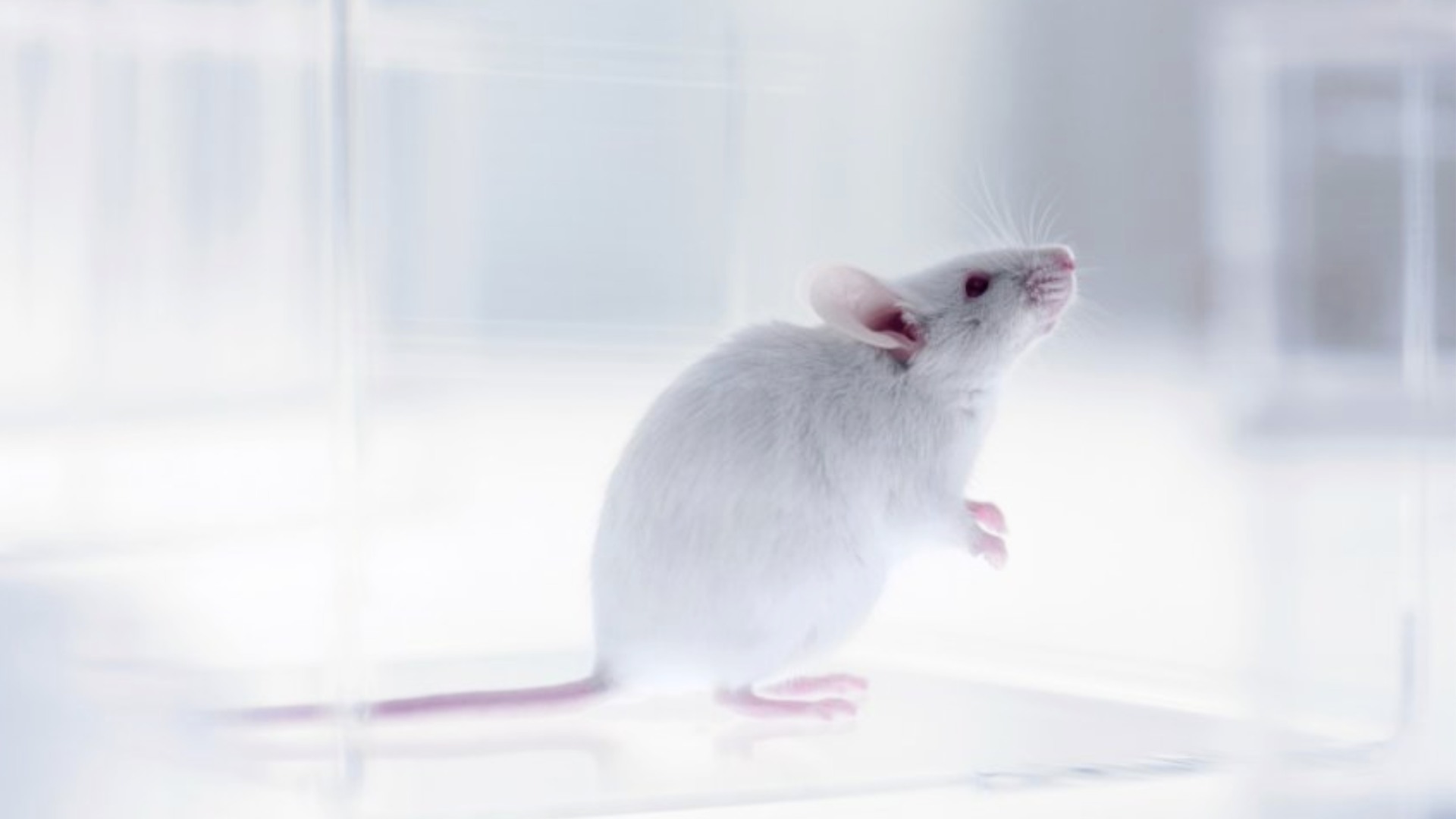Fitness
World’s 1st mouse model with fully functional human immune system created

Scientists have successfully engineered a mouse model that has a complete and functional human immune system. The model is reported to also have a human-like gut microbiome capable of generating specific antibody responses.
Developed by scientists at The University of Texas Health Science Center at San Antonio, these humanized mice are named TruHuX (for truly human, or THX).
The model has lymph nodes, germinal centers, thymus human epithelial cells, human T and B lymphocytes, memory B lymphocytes, and plasma cells that produce highly specific antibody and autoantibodies identical to those found in humans, according to the researchers.
THX mice provide a platform for human immune system studies
“By critically leveraging estrogen activity to support human stem cell and human immune cell differentiation and antibody responses, THX mice provide a platform for human immune system studies, development of human vaccines and testing of therapeutics,” Paolo Casali, MD, University of Texas Ashbel Smith Professor and Distinguished Research Professor.
According to Casali, the new discovery opens new ways for human in vivo experimentation, including the development of immunotherapeutics like cancer checkpoint inhibitors, human bacterial and viral vaccines, and the modeling of many human diseases.
He further expresses optimism that this novel approach could potentially render the use of non-human primates obsolete in immunological and microbiological biomedical research.
Mice can also develop lupus autoimmunity after pristane injection
According to research published in Nature, these mice exhibit diverse human B cell and T cell antigen receptor repertoires and can mount mature T cell-dependent and T cell-independent antibody responses involving somatic hypermutation, class-switch recombination, and plasma cell and memory B cell differentiation. Notably, these mice can also develop lupus autoimmunity after pristane injection.
By leveraging estrogen activity to support human immune cell differentiation and maturation of antibody responses, THX mice provide a platform to study the human immune system and develop human vaccines and therapeutics.
Following the development of the THX model, the Casali lab is now investigating the in vivo human immune response to SARS-CoV-2 (COVID-19) at the systemic and local levels. They are also studying human memory B lymphocytes, their dependence on nuclear receptor RORα for generation, and the events that lead to RORα expression and dysregulation.
Researchers are also exploring epigenetic factors and mechanisms that mediate the generation of human plasma cells, the cell factories that make antibodies — literally thousands per second — to bacteria, viruses, or cancer cells.
Mice are frequently utilized in various biological and biomedical research endeavors due to their small size, ease of handling, shared immune elements and biological properties with humans, and susceptibility to genetic modification.
ABOUT THE EDITOR
Prabhat Ranjan Mishra Prabhat, an alumnus of the Indian Institute of Mass Communication, is a tech and defense journalist. While he enjoys writing on modern weapons and emerging tech, he has also reported on global politics and business. He has been previously associated with well-known media houses, including the International Business Times (Singapore Edition) and ANI.


)






